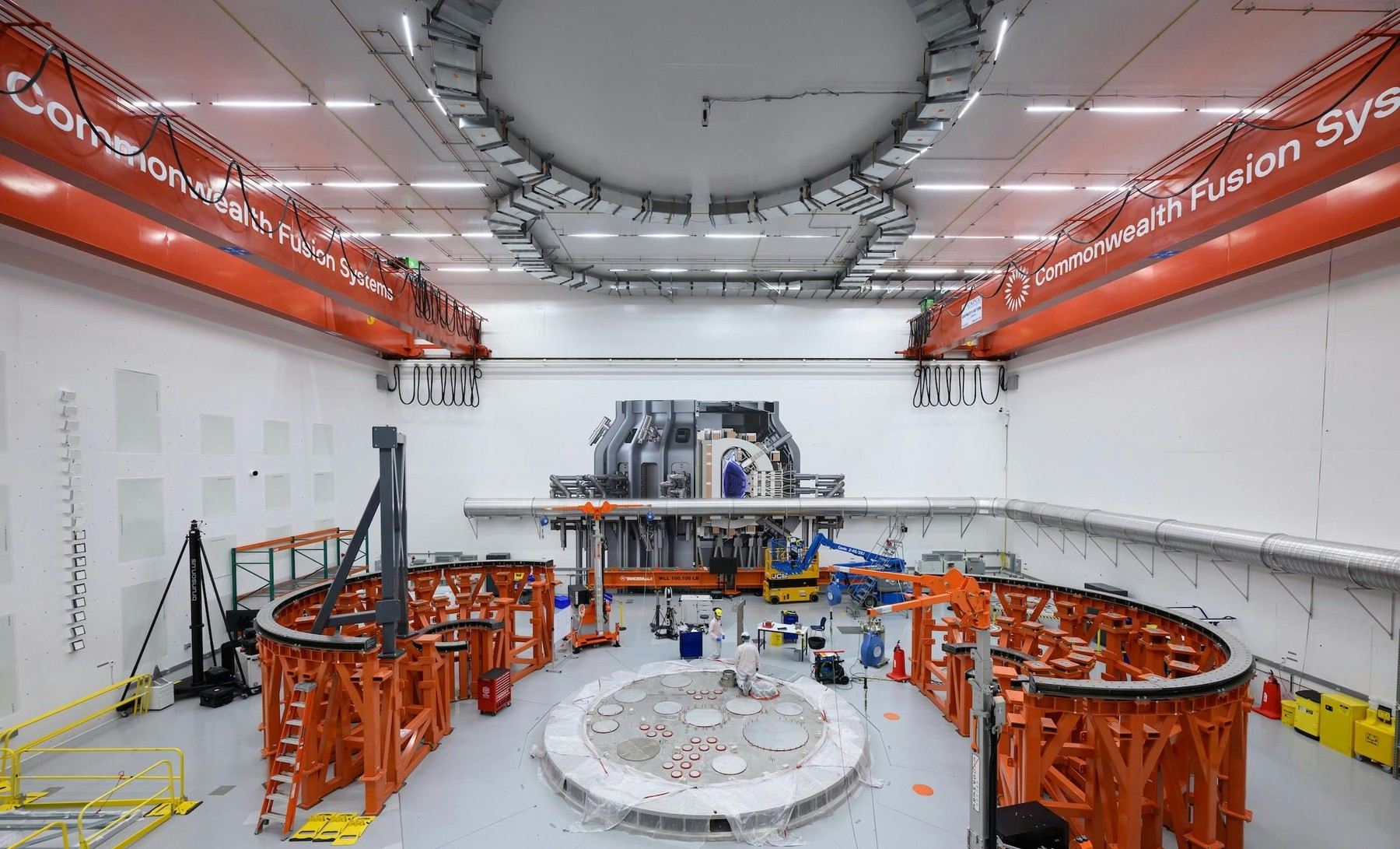Climate Insider Brief:
- Antares has raised $30 million in Series A funding led by Alt Capital and Caffeinated Capital to accelerate the development of its first microreactor, designed to fit in a standard shipping container and provide energy for critical infrastructure in remote locations.
- The growing interest in nuclear startups is driven by increasing energy demands from AI technologies, with major tech companies like Microsoft, Google, and Amazon investing in nuclear power as a sustainable energy solution.
- Antares has made significant progress, including successful demonstrations of key components, and plans to open an R&D facility in 2025.
Antares, a promising startup in the nuclear energy sector, has successfully raised $30 million in a Series A funding round, led by Alt Capital and Caffeinated Capital. This significant investment will fast-track the development of Antares’ inaugural microreactor, part of the company’s innovative vision for small-scale, portable nuclear energy solutions.
Differentiating itself from traditional nuclear projects that focus on large-scale power generation, Antares is pioneering kilowatt-scale reactors that can be housed within standard shipping containers. These compact reactors are designed to meet the energy needs of critical infrastructure in remote locations, making them ideal for applications ranging from military installations to space missions.
The surge in interest surrounding nuclear startups can be attributed in part to the rising energy demands associated with artificial intelligence (AI). Major technology companies are increasingly investing in nuclear power as a sustainable and reliable energy source. For example, Microsoft has partnered with Constellation Energy to revitalize the Three Mile Island nuclear plant in Pennsylvania, securing 100% of its output to support its data centers. Similarly, Google has entered a long-term agreement with Kairos Power to acquire energy from upcoming small modular reactors (SMRs), which are expected to be operational by 2030. Amazon is also making strides in this area by investing in X-energy to advance SMR development and collaborating with Energy Northwest to explore new nuclear facilities. These initiatives highlight the tech sector’s growing recognition of nuclear energy’s potential to deliver consistent, carbon-free power to support the burgeoning demands of AI workloads.

“America needs to return to iterative development of nuclear reactors through a design, build, and learn approach,” stated Jordan Bramble, CEO of Antares. “This is mission-critical technology, and Antares wants to become America’s industrial base partner for special-purpose microreactors.”
The 23-person team at Antares has already made notable advancements in their technology. They have successfully demonstrated their first heat pipe, machined core components, and secured $4.3 million in funding from the Department of Defense and the Department of Energy. The new capital from the Series A round will enable the company to expand its operations, including the opening of a research and development facility in early 2025. This facility will focus on the development of high-temperature heat pipes and other essential components.
Antares plans to launch its first 240-kilowatt thermal demonstration unit by mid-2025. The reactor design emphasizes reliability and modularity, featuring built-in shielding and automated controls that enable three years of autonomous operation.
In support of its mission, Antares has forged partnerships with leading national laboratories, including Idaho National Laboratory and Sandia National Laboratories, to facilitate independent verification and development of critical systems. As part of the investment deal, Jack Altman from Alt Capital will join Antares’ board of directors, bringing the company’s total funding to $38 million.
With this substantial backing, Antares is poised to redefine the landscape of nuclear energy, providing a portable and reliable solution to meet the energy demands of the future.
Source: Imaginative
Featured Image: Credit: Antares








